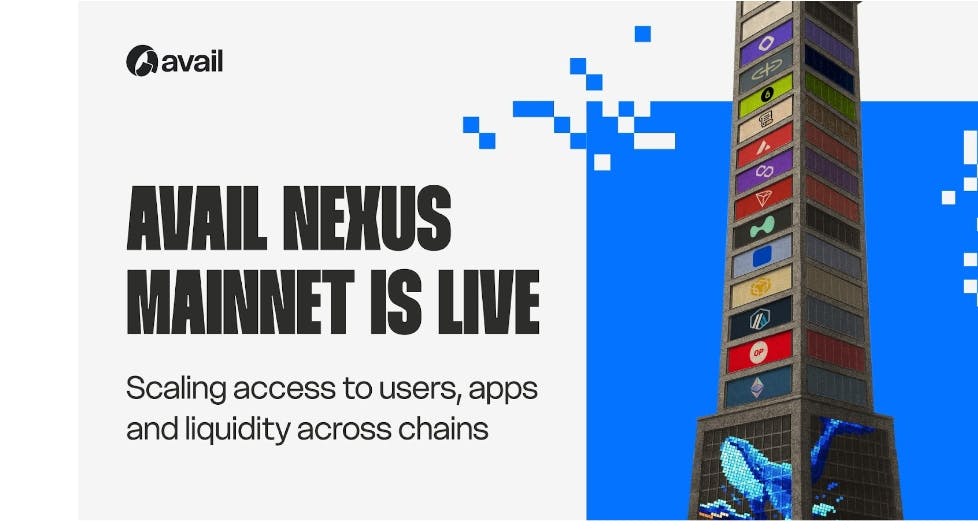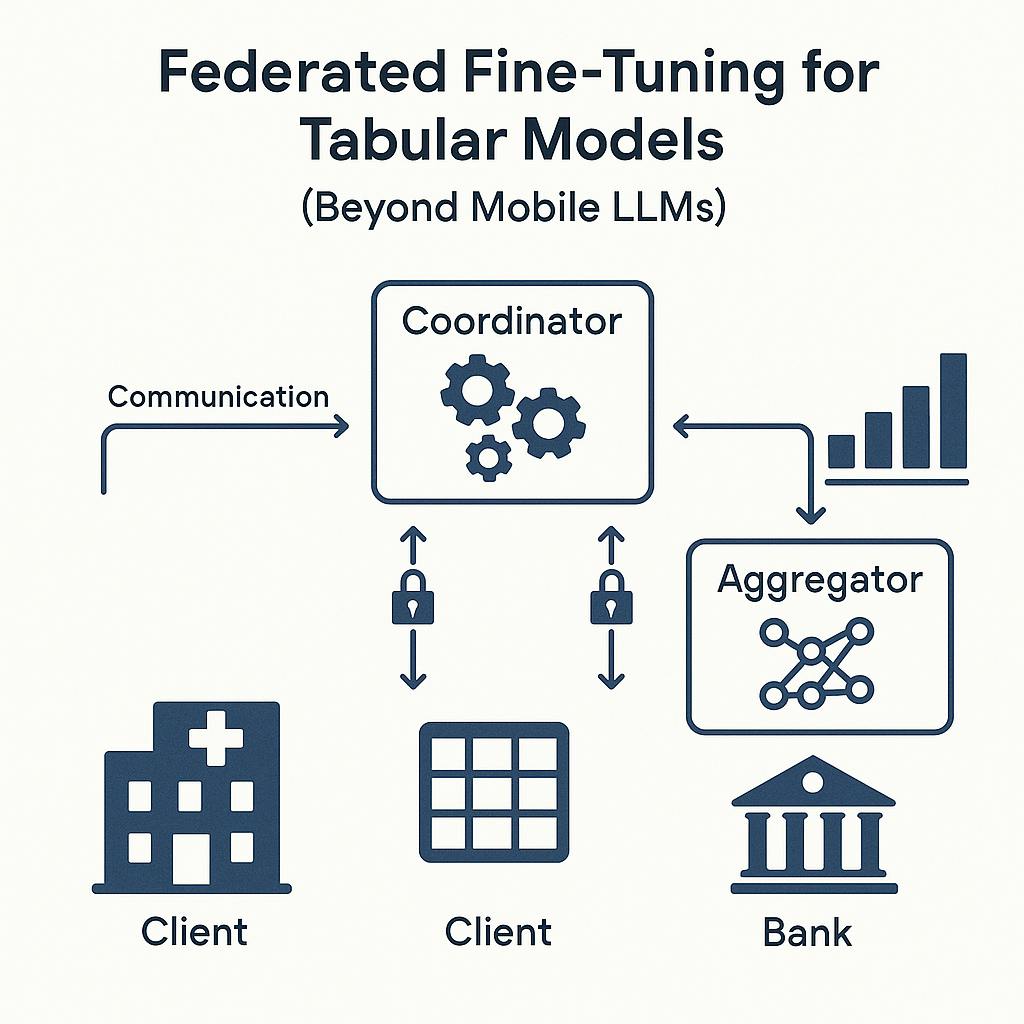On July 17, 2025, Washington passed a law that could shape Africa’s financial future. The GENIUS Act is the first national law in the US that deals with stablecoins. It says that issuers must keep dollar-for-dollar reserves, publish audits every month, and make sure that users have the first claim on assets in case of a crisis. It’s about fintech in America on paper. It may outline the key pillars supporting Africa’s $1.1 trillion mobile money economy.
The trajectory is visible in daily operations across Africa’s fintech ecosystem. The rails are already in operation. In 2024 alone, between $1.1 trillion and $1.4 trillion in mobile money transactions flowed through Sub-Saharan Africa. That’s not just a theory; it’s how real-time digital cash works for homes and small businesses.
However, individuals still pay high “taxes” to move money across borders. In Q1 2025, the average remittance fee was 6.49%. Nigerians traded almost $22 billion in stablecoins between July 2023 and June 2024, reflecting FX scarcity and naira volatility. Call it what you will; in practice, it addresses real problems.
Regulators have two options. Let this grow in the shadows and treat it as fringe. Alternatively, regulators could make it official by overseeing reserves, disclosures, and cybersecurity, then connecting it to licensed channels to achieve cost savings, speed, and programmability while maintaining monetary sovereignty. This analysis takes the second approach.
The stablecoin guardrails Africa needs now
Innovation is welcome, but money breaks quickly when incentives are misaligned. Here’s a list of things to avoid and the guardrails that protect users, liquidity, and sovereignty.
Don’t sell payment coins like bank deposits: Highlight “Not a deposit.” It’s not covered by the government. Do not use words that sound like banks. Demand that the redemption process be two clicks and T+0, and that you be able to get help 24 hours a day, seven days a week. When users can’t cash out right away, they put their balance sheets at risk.
Reserves shouldn’t all be kept in offshore accounts: Under municipal law, set aside a certain amount of reserves with supervised custodians. Allow international issuers to enter only through a similar gate. This way, they will be inspected similarly and must follow legal orders. Redemption must be done in person at a licensed PSP or a bank in the country with a dispute resolution center.
Don’t let the banking industry become de-pegged: Make banks keep HQLA reserves (only cash and T-bills), limiting their single-counterparty exposure, and do daily liquidity stress tests. Make monthly attestations not tied to a single bank, and create a list of banks that work with you. Opacity hurts stability.
Limit regulatory arbitrage: Residents of the country should not be able to use any coin without first obtaining a local license, being audited, having their data translated, and visiting a specific location to settle their disputes. Apply comparability assessments to foreign regimes.
Avoid using risky bridges to split liquidity: Use certified cross-chain messaging, burn-and-mint, and canonical transfer instead of wrapped-asset hopscotch. Less wrapping means fewer surprises and less danger.
Africa shouldn’t copy other countries’ currency strategies; it should develop its own. The GENIUS Act is a strategy for managing digital currency without suppressing innovation, not just a catchphrase. Adapting those concepts to Africa’s circumstances could lower remittance costs by billions, facilitate faster trade between African nations, and produce trustworthy products.
It’s clear what this means. Africans use digital assets and mobile money all over the world every day. Africa should not replace one dependency with another. While preventing dollarisation, making it easier for people who don’t have bank accounts to open them, and managing systemic risk, regulators must do all of these things simultaneously. It is not a contradiction; it is a design brief.
A practical strategy is as follows. Ensure local production instead of relying on imports. Set up three supervised pilots on major corridors, connect banks and fintechs with authorised issuers, and make an issuer scorecard available monthly that tracks reserve quality, uptime, redemption speed, and all-in user cost. Trust should be measurable.
As the market grows, let the top rails win based on how well they work, not how much hype they get. This will undoubtedly result in increased sovereignty, faster trade, and lower payments, but only on our terms.
______
Victory Adugbo specialises in Web3 and blockchain technology, particularly stablecoins and cross-border payments. He oversees the blockchain program at SAIL Innovation Lab.
Mark your calendars! Moonshot by is back in Lagos on October 15–16! Join Africa’s top founders, creatives & tech leaders for 2 days of keynotes, mixers & future-forward ideas. Early bird tickets now 20% off—don’t snooze! moonshot..com










